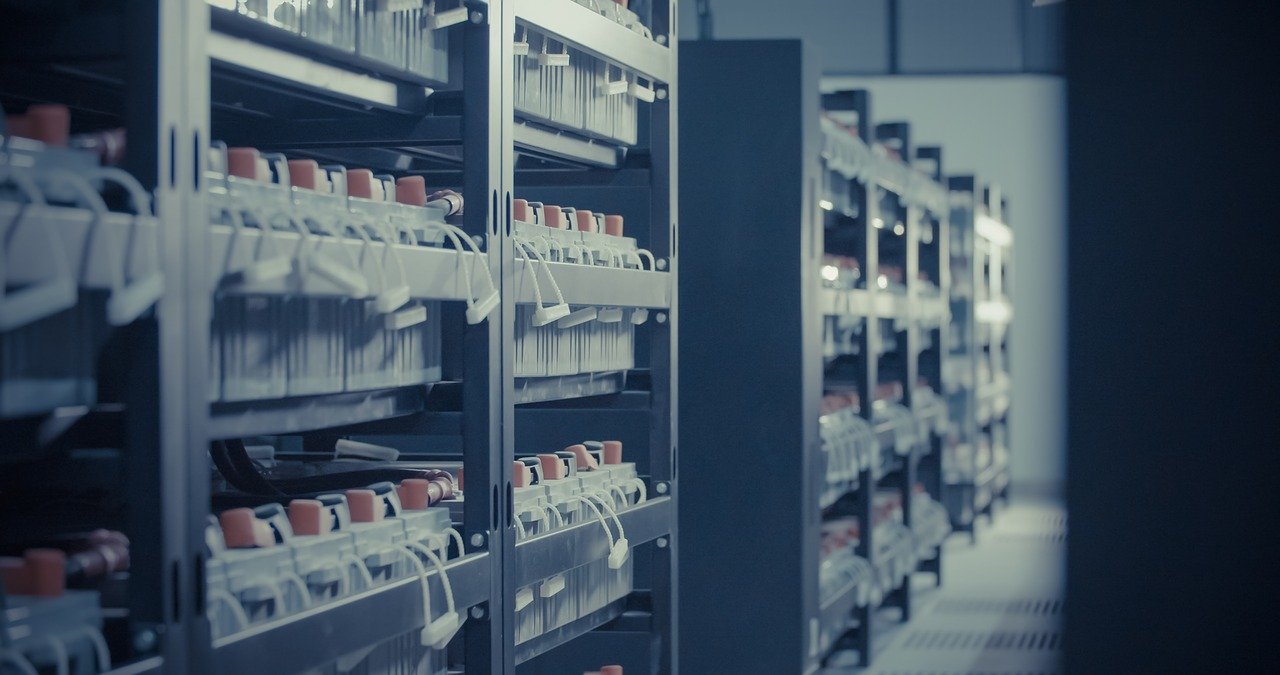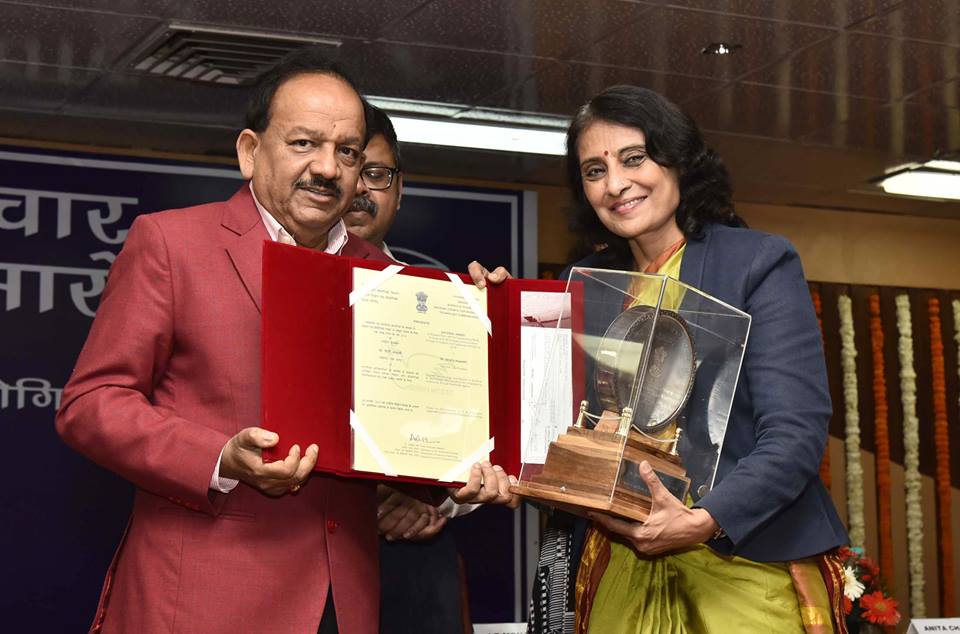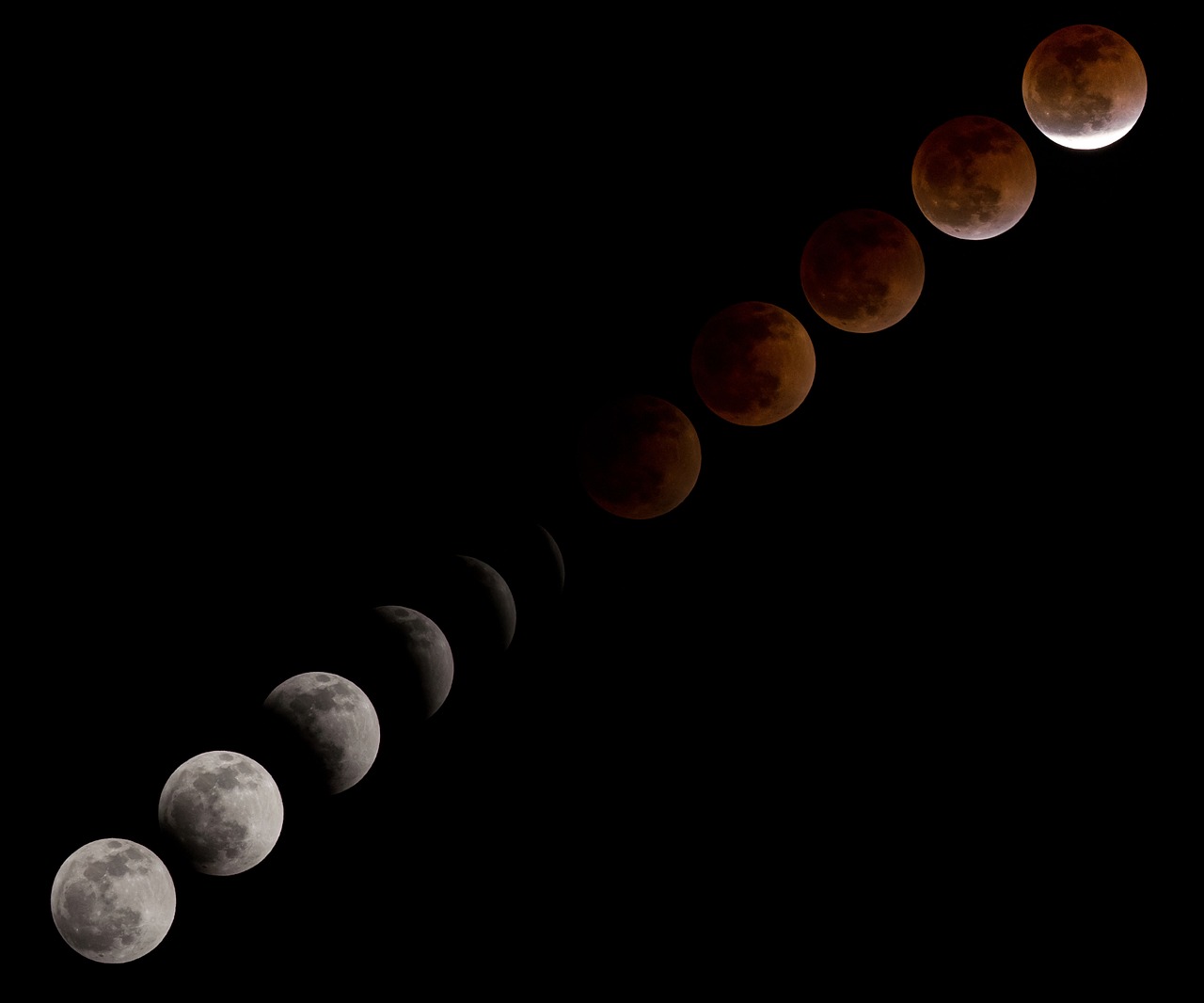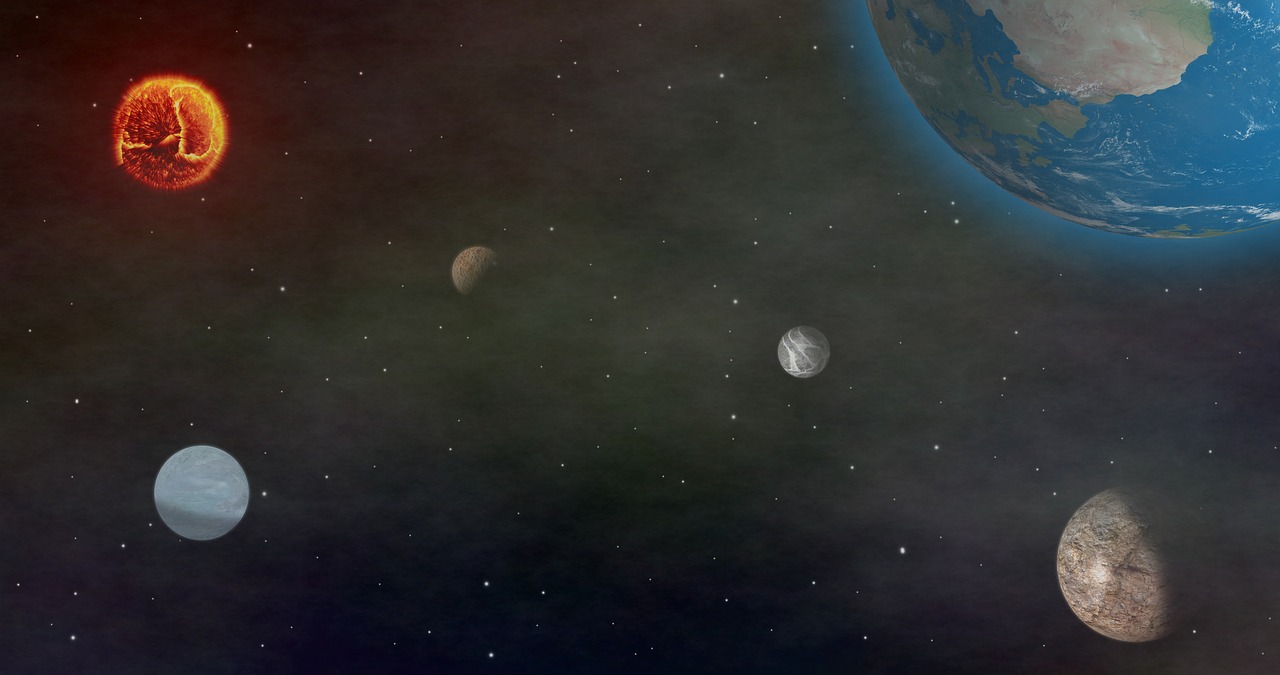
Study Paves Way for Better Energy Storage Devices
- News
- 1.6K
A group of researchers from the Indian Institute of Technology Guwahati and the Bhabha Atomic Research Centre, Mumbai has developed a new material that promises to improve the efficiency of electrodes used in supercapacitor devices.
The researchers have shown that supercapacitors based on electrodes made with the new material can be repeatedly charged and discharged over 10,000 times, with only minimal performance degradation, as compared to conventional batteries that typically wear out within 300-500 charging-discharging cycles.
The supercapacitors could also be charged in seconds to their full capacity and store as much energy as 30 Wh (Watt-hour) per kilogram of the materials. It further delivered the energy at a very fast rate. The delivery of energy is presented in terms of power density. The supercapacitors achieved the highest power density of 1.13 kW per kg of electrode material which is almost twice the power offered by current Li-ion batteries.
Speaking to India Science Wire, the scientists said the supercapacitors can be engineered to be compact enough to fit the extremely tight spaces of modern portable electronic equipment.
In Supercapacitors two electrodes (anode and cathode) are immersed in an electrolyte solution, and energy is stored by charge accumulation on the electrode surfaces. Atomic-thin nanosheets are considered the best choice for supercapacitor electrodes as they can offer a large area to store charge. However, integrating the microscopic ultra-small nanosheets into a usable macroscopic scale electrode is highly challenging.
The researchers have developed their hydrogels electrodes by a simple room-temperature process in which graphene and MXene nanosheets spontaneously assemble themselves over a metal plate within a water medium. Graphene sheets, which are made of single-atom carbon, store the charge on their surface via physical adsorption, known as electrical double layer mechanism (EDLC), while MXene sheets, made of titanium carbide, store the charge via both EDLC and a chemical reaction on its surface, known as pseudo-capacitance.
The study was led by Dr. Uday Narayan Maiti, and Prof. Subhradip Ghosh of IIT Guwahati, and Dr. N. Padma of Bhabha Atomic Research Centre (BARC), Mumbai, under a project of the Department of Atomic Energy’s Board of Research in Nuclear Science (BRNS). The scientists have published a report on their work in scientific journals “Electrochimica Acta” and “Carbon”.
If you liked this article, then please subscribe to our YouTube Channel for the latest Science & Tech news. You can also find us on Twitter & Facebook


